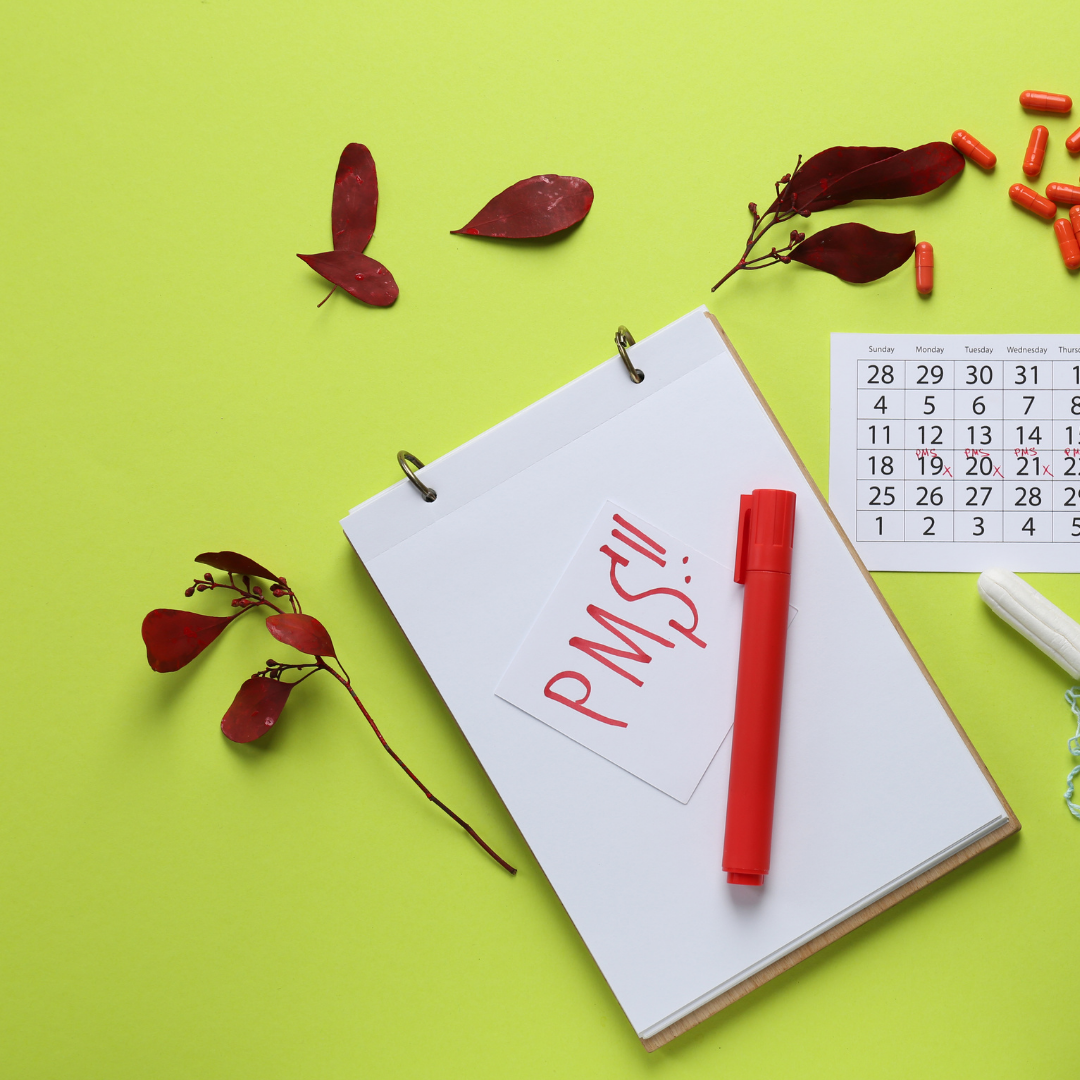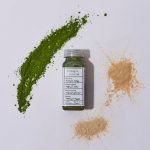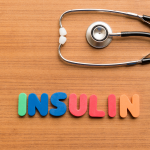
Natural Remedies for PMS
Up to 90% of child-bearing women experience pre-menstrual syndrome (PMS) during their lifetime. PMS can lead to physical, emotional, and cognitive side effects which can lower your quality of life. These four holistic and alternative treatments to PMS are available without a prescription.
What is PMS?
PMS is the physical, emotional, and cognitive effects some women experience the week before their period starts. Symptoms of PMS vary greatly, but some of the most common are:
- Fatigue
- Irritability
- Abdominal pain
- Breast tenderness
- Depression
Oftentimes, PMS is treated with antidepressants, birth control pills, painkillers like Ibuprofen, and hormonal treatments. Yet, there are some alternative, more holistic ways to treat PMS which are as effective, if not sometimes more effective.
Treatment 1: Taking Supplements
Supplements can help control certain symptoms. Three of the best supplements for PMS include:
- Calcium: Along with other health benefits, calcium keeps hormones at the right level and helps muscles work properly. Women who take a calcium supplement can experience less bloating, food cravings, and cramps.
- Chasteberry: Chasteberry is commonly used to reduce PMS symptoms. It’s been found to be especially helpful in reducing headaches, bloating, and breast pain.
- Magnesium: A common cause of PMS is low levels of magnesium. By taking a magnesium supplement, you reduce your risk of PMS and the intensity of some symptoms such as depression, anxiety, insomnia, and breast pain.
Treatment 2: Maintaining a Good Diet
Diet is another factor that can impact PMS. Chocolate, alcohol, and caffeine have been found to make PMS symptoms worse and should be limited to two weeks before the start of the menstrual cycle. In some studies, PMS symptoms were also mitigated if women ate many small meals throughout the day.
Treatment 3: Getting Enough Sleep
Getting a proper amount of sleep (eight hours on average) has also been found to reduce the effects of PMS. Going to sleep and waking up at the same time, even on weekends, can help with the moodiness and fatigue associated with PMS.
Treatment 4: Reducing Stress
PMS symptoms, particularly the emotional and cognitive ones, are made worse if one has a lot of stress in their life. Relaxation techniques, such as yoga and mindfulness practices can help reduce stress and PMS symptoms.
Treatment 5: Breathwork
If you experience cramps during PMS, you might want to check out breathwork. This practice not only reduces stress but can treat abdominal cramps by opening up the chest and abdominal muscles.
PMS can go away with lifestyle changes, but it’s best to consult with a physician first, especially if you experience severe PMS symptoms.



